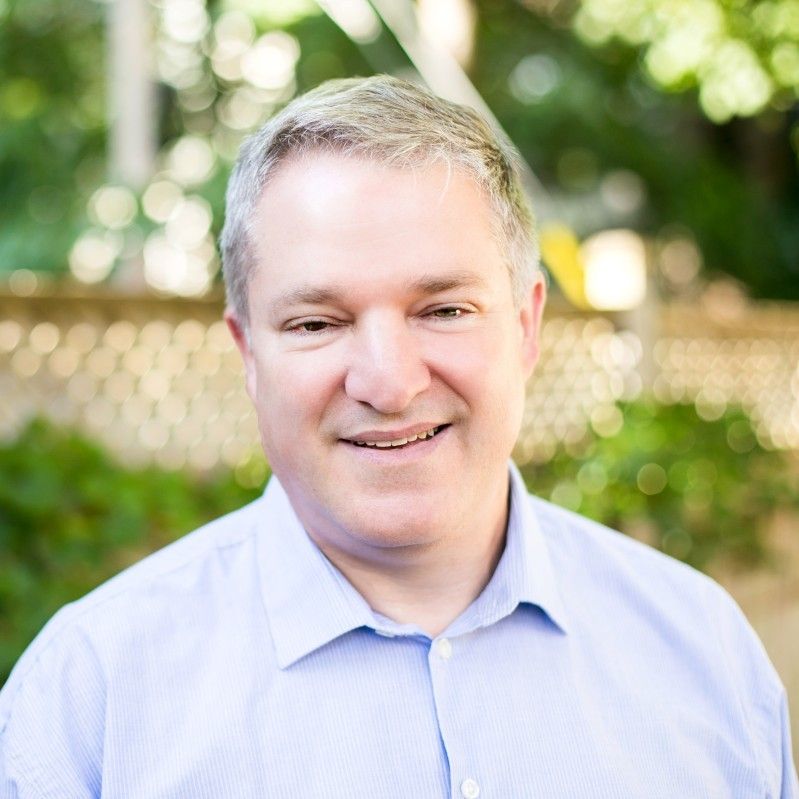
Fundamentals of the T3010 and Transparency for Canadian Charities
Charities that fail to file the T3010 will be revoked and charities that make mistakes on their T3010 can be suspended from receipting or revoked
Enroll in Course
Registered charities have a high degree of trust in our society. It is vital that they are transparent, accountable and respected in the work that they do. Transparency has become far more important and organizations that lack transparency can suffer tremendously and they can undermine public trust in the charity sector.
The most basic transparency requirement for registered charities is that every year they must file the T3010 Registered Charity Information Return. If charities do not file the form, they can be revoked by CRA for non-filing within just a few months. If the form is not complete and accurate then the charity can have its receipting privileges suspended for one year. The T3010 is a complicated form dealing with legal, accounting and operational issues. This course will focus on the legal and operational issues and not the accounting issues and ensuring you are aware and avoid some of the most frequent mistakes with the T3010.
Understanding the T3010 is essential for those involved with finance and governance at charities, as well as researchers, grant writers, and fundraisers
Transparency is more than just filing the T3010 or putting up lots of information on your charity. It is providing useful and appropriate information to your charity's stakeholders.
Topics Include / You Will Learn:
- Vital Income Tax Act (Canada) definitions needed to complete the form
- The T3010 guide and its importance
- CRA Guidance and how it impacts the T3010
- Common mistakes in completing the T3010
- Consequences of incomplete or inaccurate T3010 filing
- Schedules and other documents required to be filed with the T3010
- Strategies for filing T3010 accurately and in a timely fashion
- Fixing past mistakes with the T3010
- Other mandatory and suggested transparency requirements
- Tools to review T3010 filings
- How the T3010 information is being used and misused
- Limitations of the T3010
- What information on the form tends to be accurate and what less so
- Recent changes to the T3010 and online filing under the CHAMP system
While the T3010 can be complicated and there are many ways in which a charity can show transparency, the T3010 is the minimum legal requirement of charities. The T3010 is one of the main tools that the CRA uses to decide which charity will be audited and it is often consulted by major donors and funders when making important decisions about grantmaking that can affect charities.
This course will be of interest to those involved with finance and governance at Canadian registered charities, accountants who prepare financial statements for charities and are often asked to also prepare the T3010, as well as bookkeepers, researchers, grant writers, fundraisers, charity lawyers and those interested in the regulation of Canadian charities.
Your Instructor

Mark Blumberg is a lawyer at the law firm Blumbergs Professional Corporation (Blumbergs) in Toronto and works almost exclusively advising non-profits and registered charities on their work in Canada and abroad. Mark has written numerous articles, is a frequent speaker on legal issues involving charity and not-for-profit law. He is the editor of a blog, www.CanadianCharityLaw.ca, and created the largest portal of data on the Canadian charity sector, www.CharityData.ca Mark also edits www.SmartGiving.ca, which provides information on due diligence when selecting charities.
Mark is particularly interested in the regulation of non-profits and charities in Canada, philanthropy, transparency requirements for the voluntary sector, providing accessible information on regulatory issues, and the use of data to make more informed decisions on the charity sector.
Mark is quoted regularly in print media and frequently appears on radio and television on topics relating to philanthropy and the regulation of charities in Canada. Mark has also appeared on a number of occasions in front of the House of Commons Standing Committee on Finance on topics such as charity regulation, transparency, accountability and tax incentives for philanthropy. Mark has testified at the Special Senate Committee on the Charitable Sector, the Standing Senate Committee on National Finance and the House Committee on Access to Information, Privacy and Ethics.
Mark has also made presentations to the Charities Directorate Annual All Staff Meeting as well the Annual Divisional Staff Meeting of the Determinations Section of Charities Directorate. Mark presented to the Financial Action Task Force (FATF) when the FATF conducted an evaluation of anti-money laundering and counter-terrorism in Canada in 2015.
Mark sat for 4 years on the Charities Directorate Technical Issues Working Group, which is a bi-annual meeting between the Charities Directorate, the Department of Finance and the charity sector to discuss technical and policy issues pertaining to registered charities and the Income Tax Act (Canada). Mark is a member of the Exempt Organizations Committee of the American Bar Association. Mark spent 6 years on the Advisory Committee for the Master of Philanthropy and Nonprofit Leadership (MPNL) at Carleton University. Mark is on the Board of the Canadian Charity Law Association.
Mark has co-authored 20 Questions Directors of Not-for-Profit Organizations Should Ask About Mergers (Published by CPA Canada) and co-wrote a chapter on International Trends in Government-Nonprofit Relations: Constancy, Change, and Contradictions in Non-profits and Government: Collaboration and Conflict in Non-profits and government: collaboration and conflict (Edited by Elizabeth T Boris and C Eugene Steuerle)
Mark frequently lectures to various industry and professional groups on charity compliance issues including the Chartered Professional Accountants Canada (CPA Canada), as well as CPA Ontario, BC and Alberta, the Canadian Bar Association, Ontario Bar Association, Canadian Association of Gift Planners, Association of Fundraising Professionals, Ontario Hospital Association, Ontario Non-profit Network, and many other organizations.
Mark has a B.A. in Political Science from the University of Toronto, an LLB from the University of British Columbia and an LLM from Osgoode Hall Law School in Tax Law.
